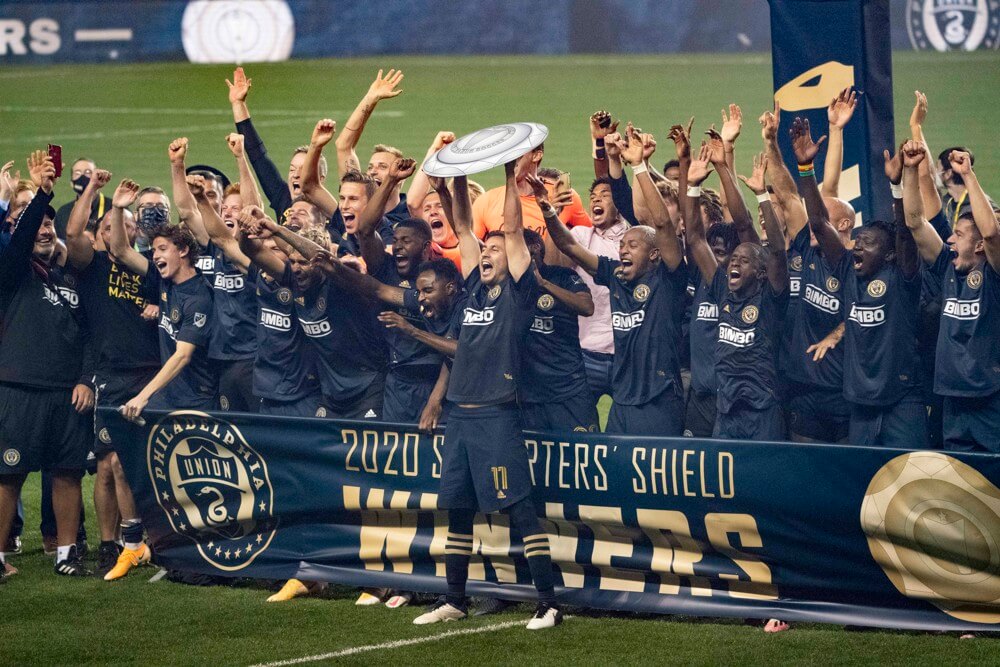Clop. Clop. Clop.
The sound of horse hooves trotting around Independence Mall may evoke fond memories of childhood carriage-tours in some, or thoughts of Old City’s centuries of history for others.
But in 2017, some horse-lovers say it means exploitation.
Caught in the crossfire is the Philadelphia Carriage Company (PCC), whose 100-year-old stables, where eight horses are typically kept at a time, have come under scrutiny from neighbors in the Callowhill/Spring Garden area, the city’s Department of Licenses and Inspections (L&I), and horse lovers like Janet White.
“I think of myself as an average working-class Philadelphian, a concerned citizen who’s become aware of the suffering the carriage horses experience on a daily basis, both working on the streets and ‘existing’ in dilapidated stables,” said White, founder of the Carriage Horse Freedom group. “I’ve chosen to get involved, to try to help them achieve the freedom that is their natural birthright.”
Earlier this year, White documented decrepit conditions at PCC’s stables and shared photos with the city. After inspections over the summer, PCC was cited for multiple code violations. (The city’s other horse-drawn tour company, 76 Carriage Tours, passed its inspection).
Records show PCC’s stables were cited for stalls too small for horses to turn around or lie down during their off-hours; three of the horses being too sick to work; and one horse stained with their own manure and urine.
White said these conditions constitute “cruelty.” Philly’s animal welfare organizations have not made any such accusations, but a city official confirmed that “animal welfare violations” were found at the stables, which could mean the full revocation of PCC’s license to operate.
PCC owner Han Yee Hoo’s lawyer, Barry Penn, denied the company is in any way cruel to its horses. He said they plan to appeal L&I’s findings, which were upheld at an administrative hearing on Nov. 7. But Penn acknowledged Hoo, who bought the stables with her late husband in 1979, is weighing options including possibly selling the building, a former wire spring factory, and maybe even closing the company.
“The horses are well taken care of. Nobody mistreats those horses… They get rotated and get put out to pasture in Lancaster County,” he said. “These are all technical, structural violations, such as the size of the stall. … Most of those things cannot be corrected because physically, there’s not the space to add more stalls.”
City Councilman Mark Squilla praised Hoo for attempting to rectify some of the violations that L&I discovered, but agreed that the building is likely too aged to continue serving as stables.
“I just hope, if they decide to move on, that we work together to maintain a safe transition for those horses from the horse-carriage industry to a nice sanctuary,” Squilla said. “We have certain regulations we adhere to for the safety of animals, like any worker in the city of Philadelphia. If they’re not going to make sure these horses are kept safely and protected, then we as a city have an obligation to do something.”
But Erin Donnelly, who leads “Ban Horse-Drawn Carriages Philly,” a group known for their silent protests of all carriage-drawn horse tours at Independence Mall, said victory would only come when “the doors shut and the horses are transported to a sanctuary.”
“These horses deserve better,” Donnelly said. “They deserve to be on a farm like other horses and not on streets with motor vehicles, breathing in toxic fumes, and working in extreme weather conditions. … We need to continue to educate the public with regards to other compassionate ways to see the city of Philadelphia that do not use animals as a means of transportation.”



























